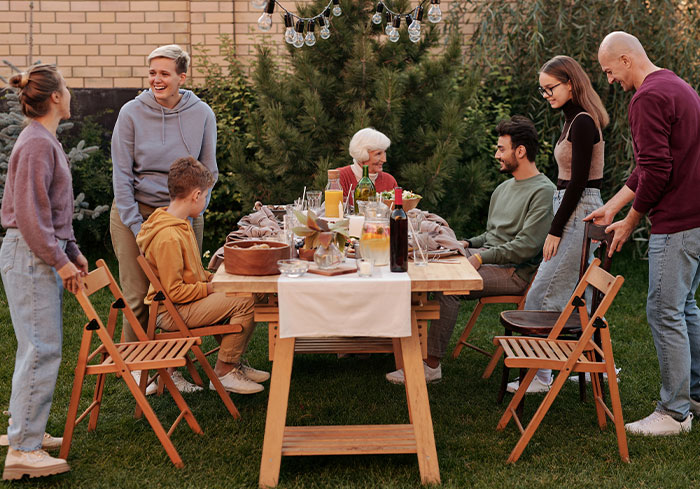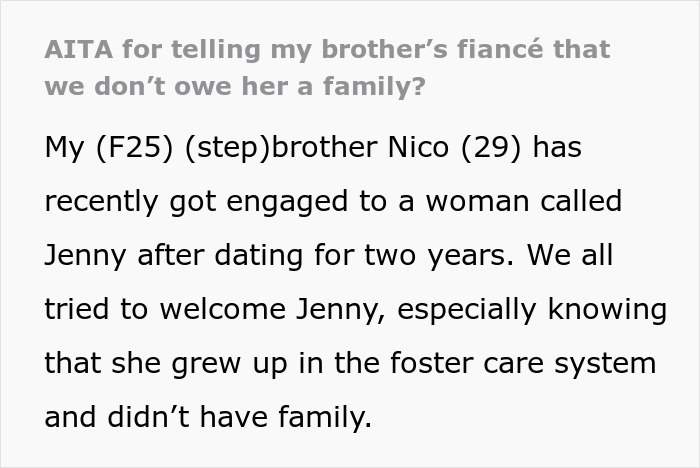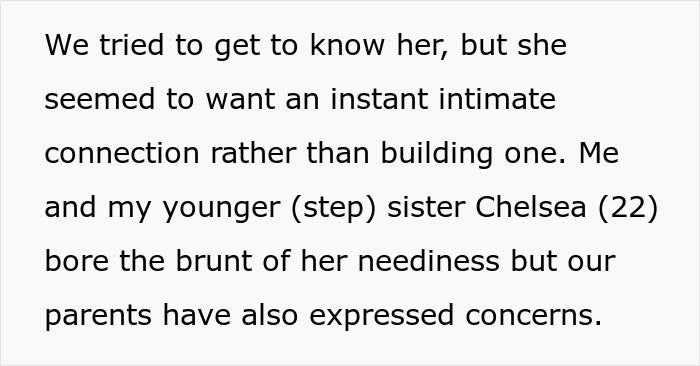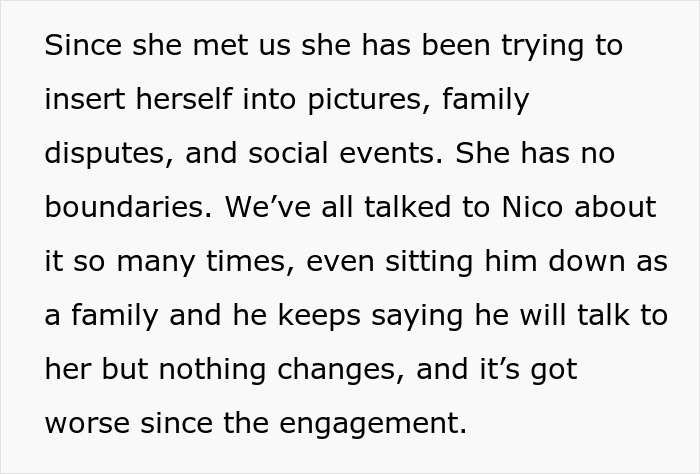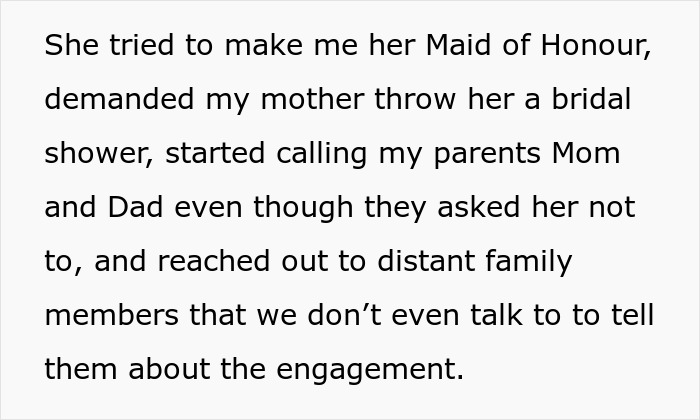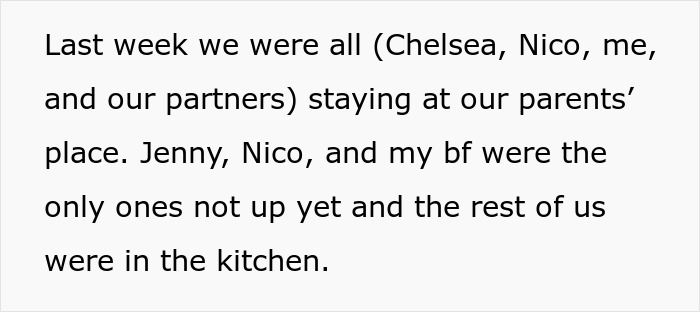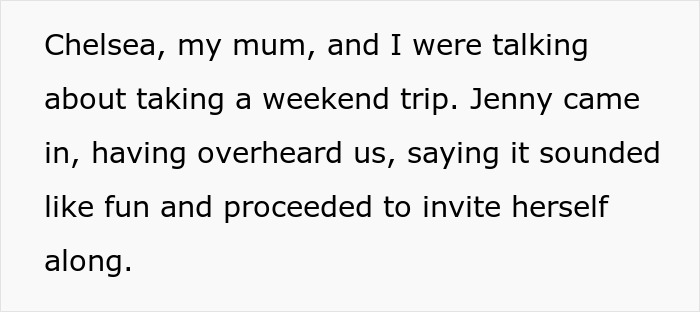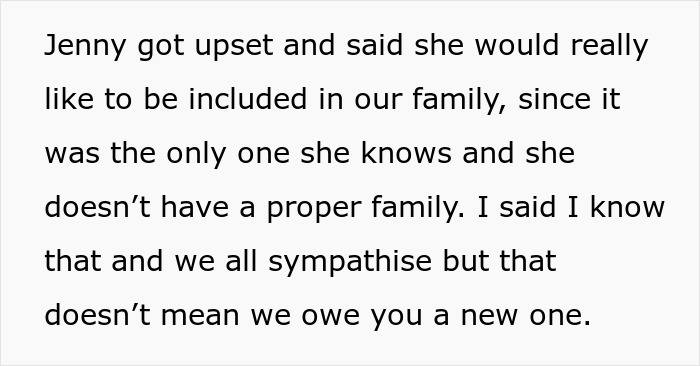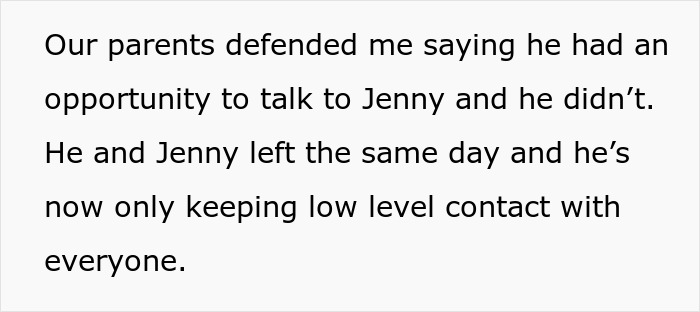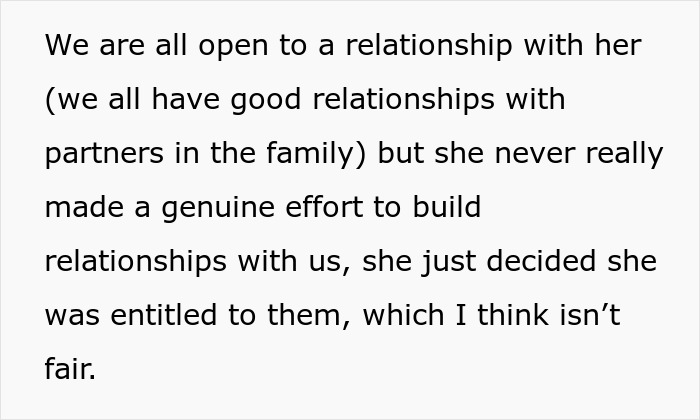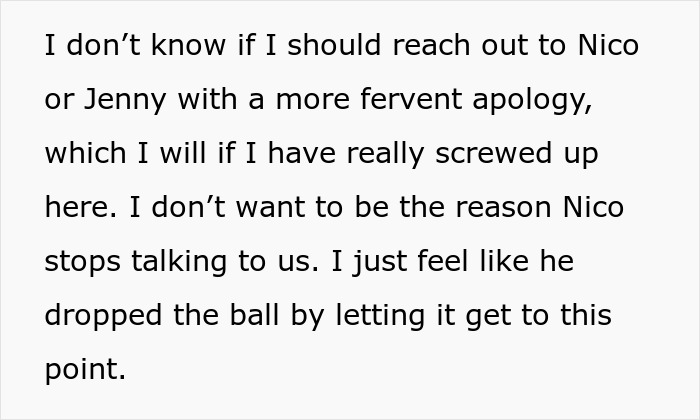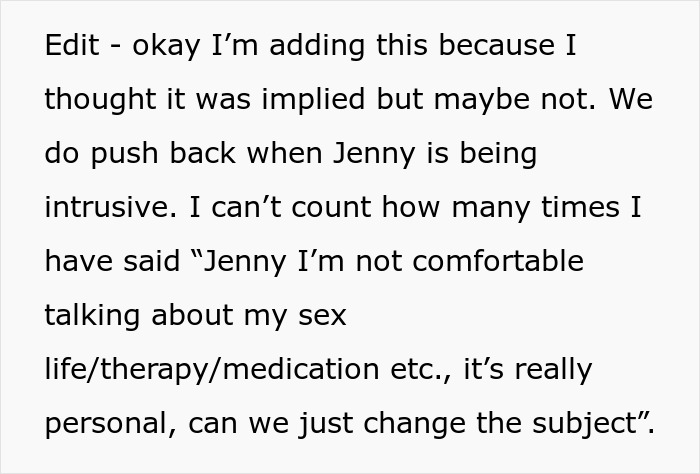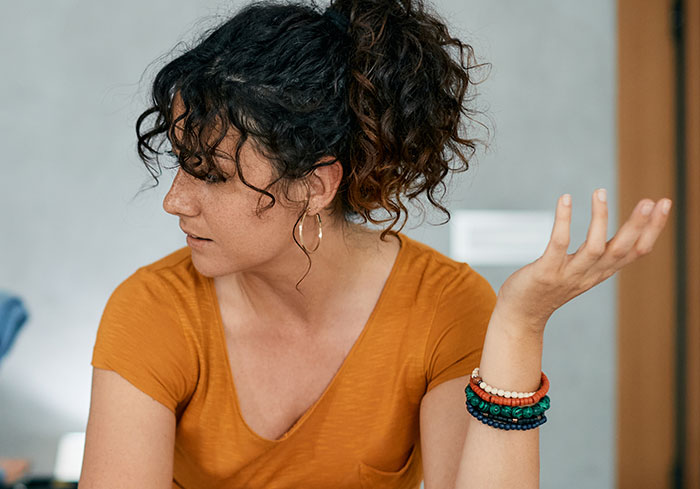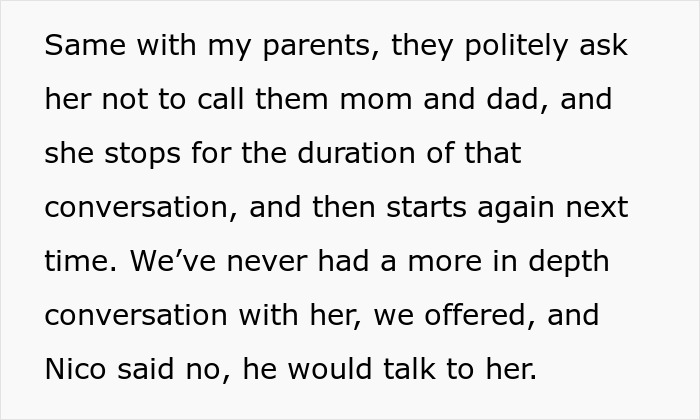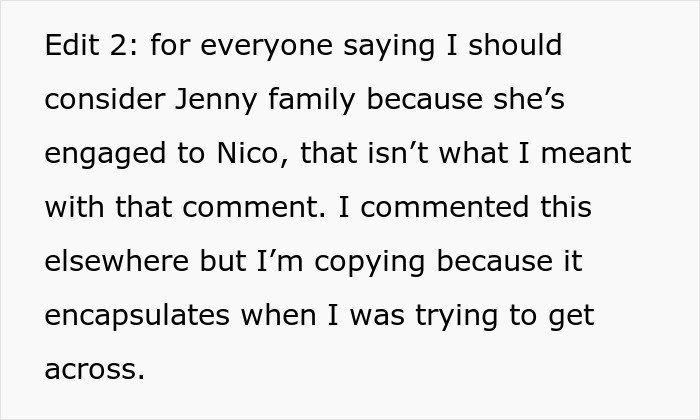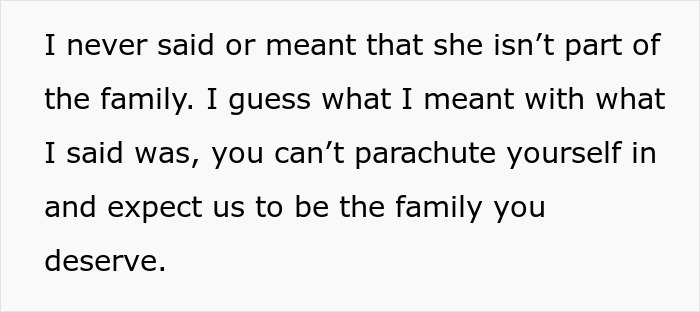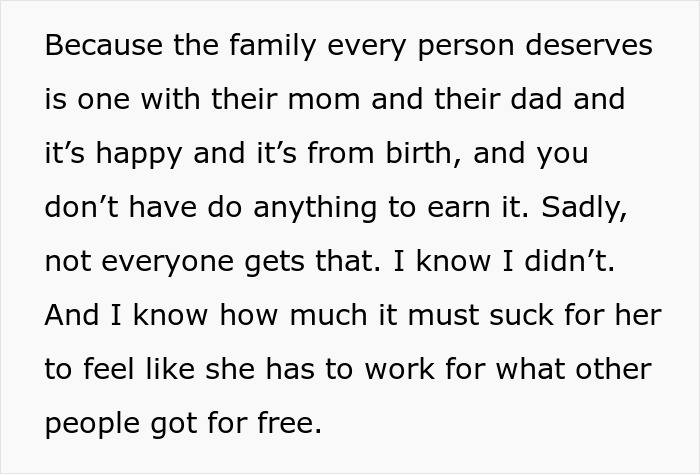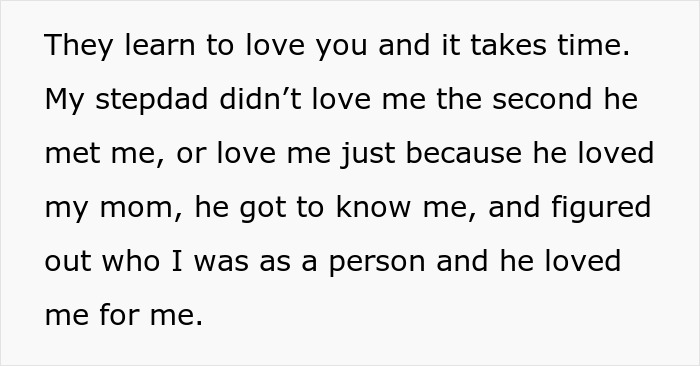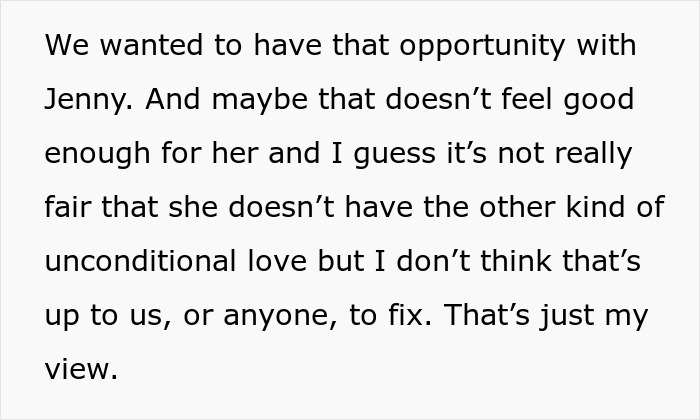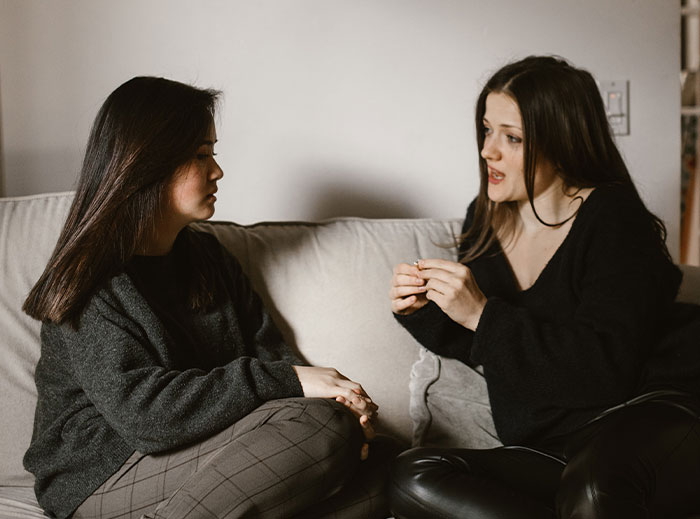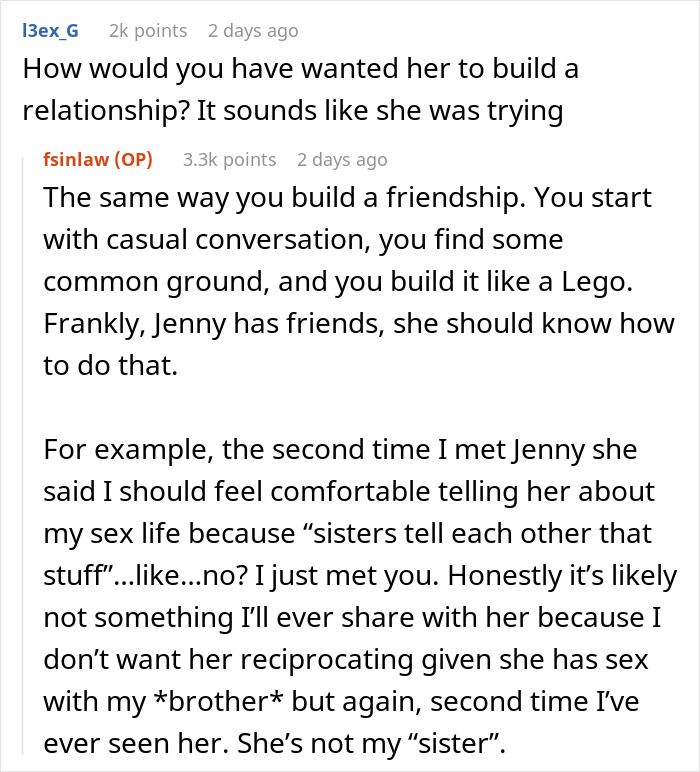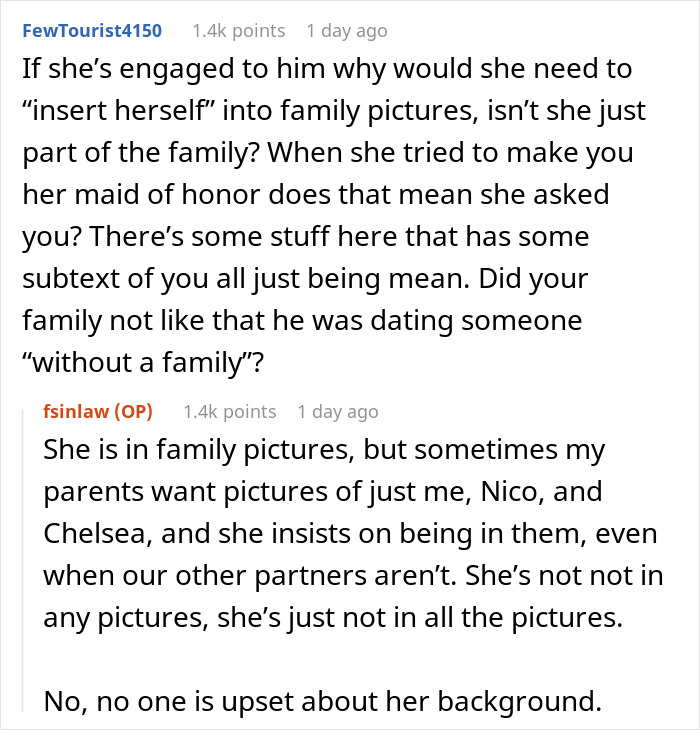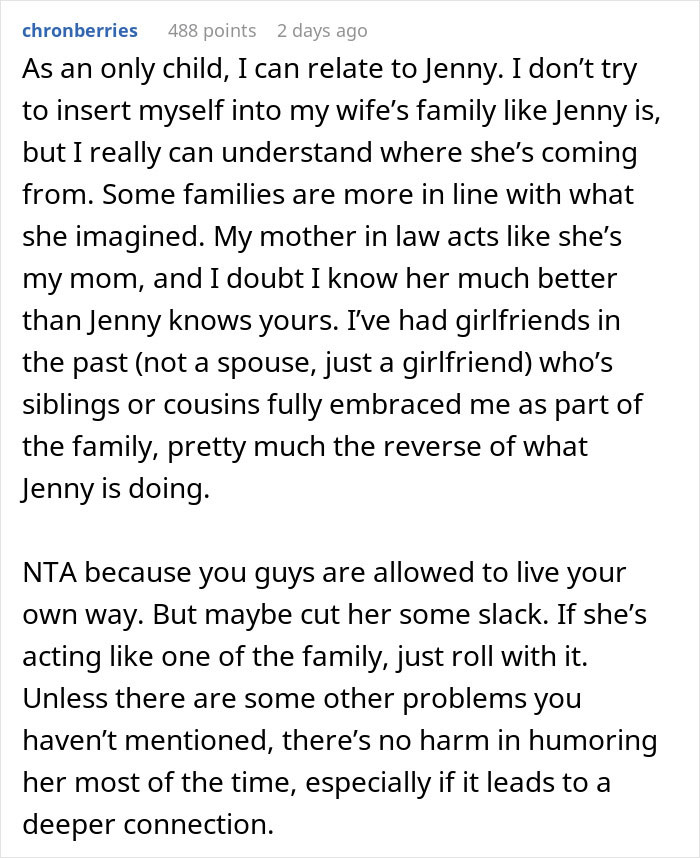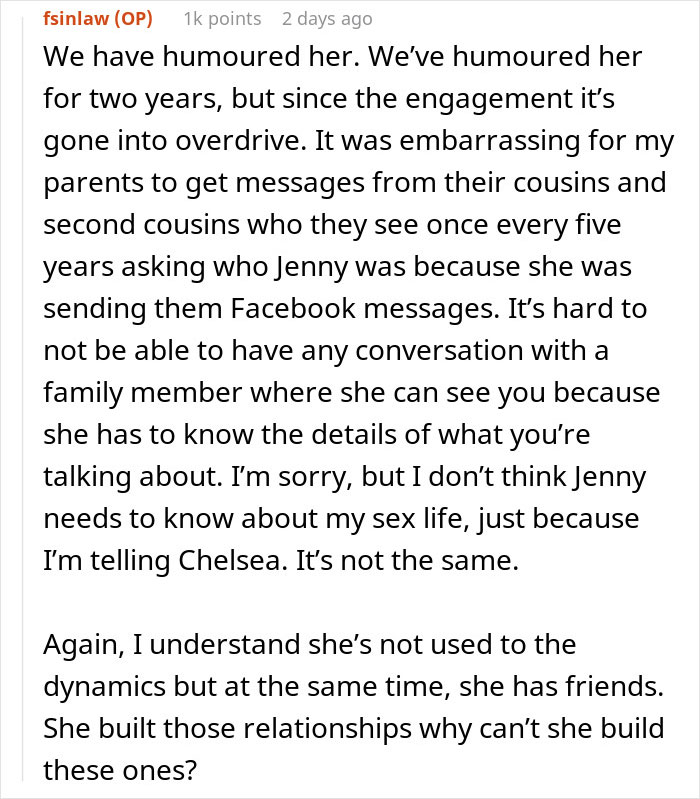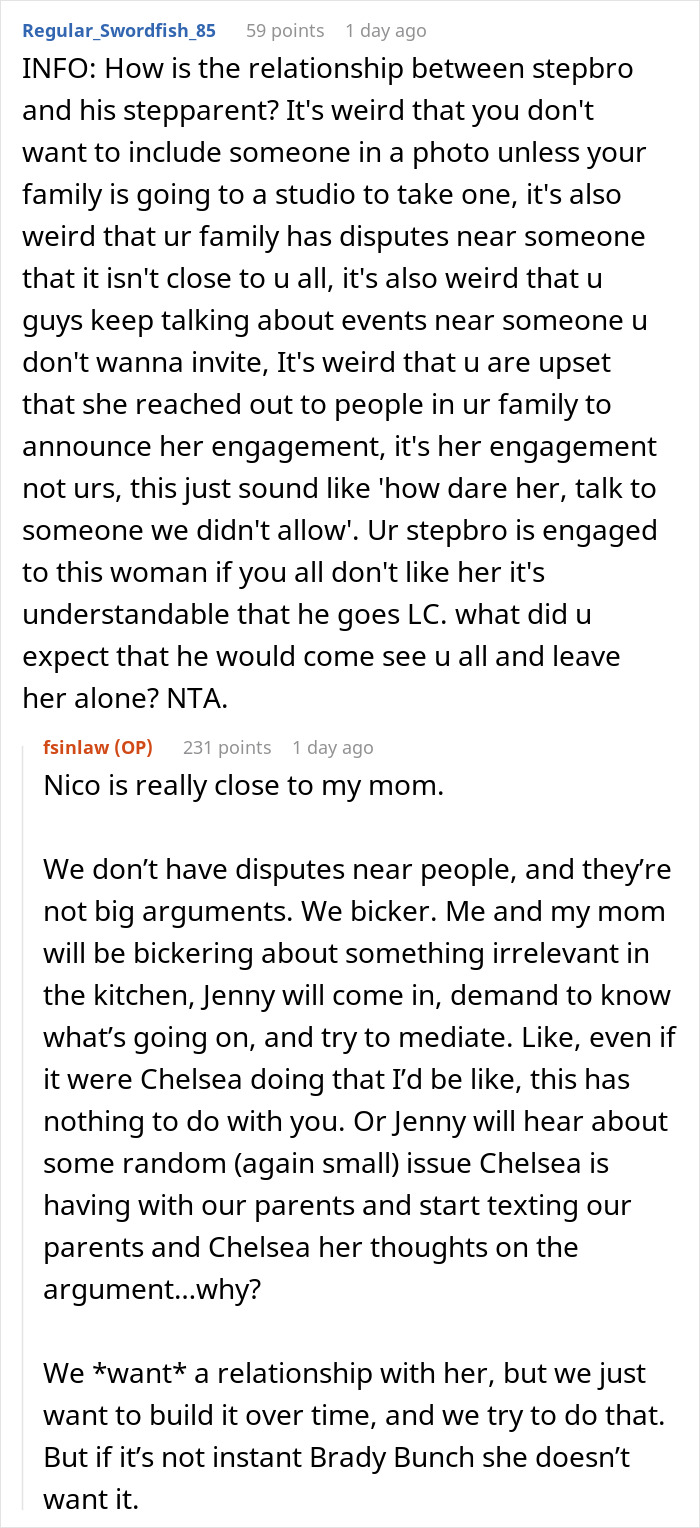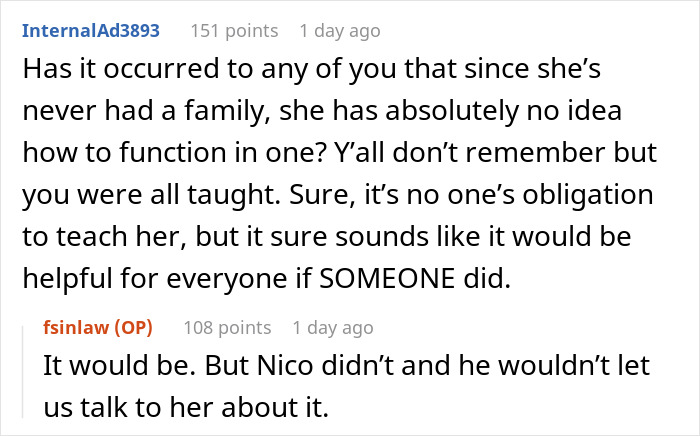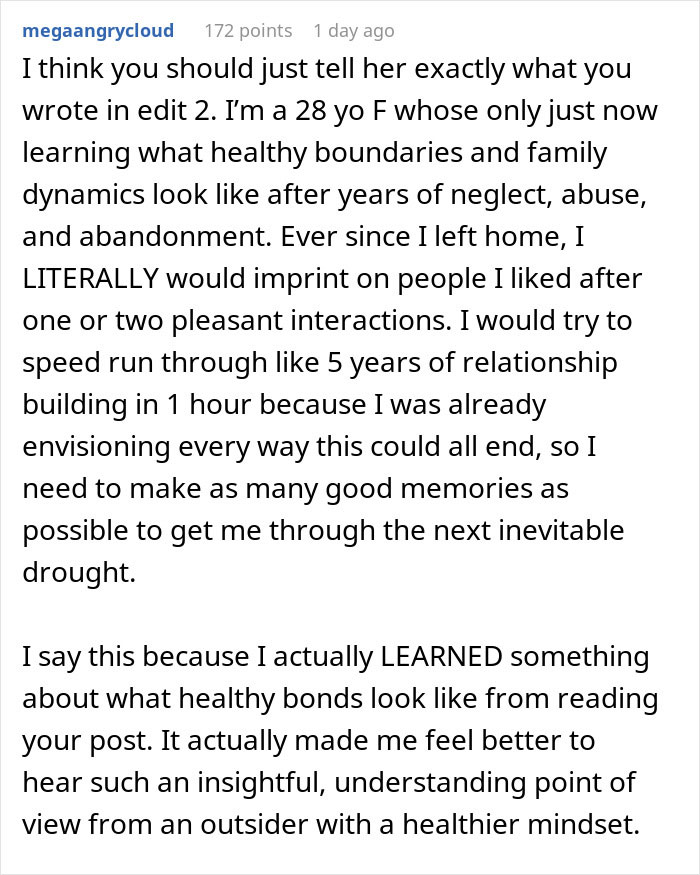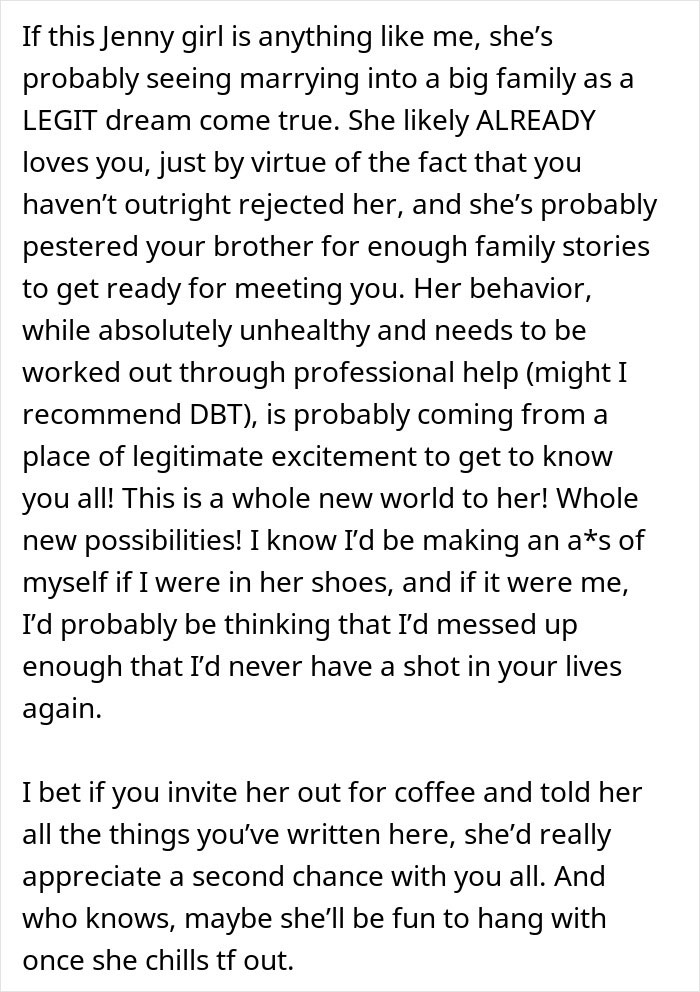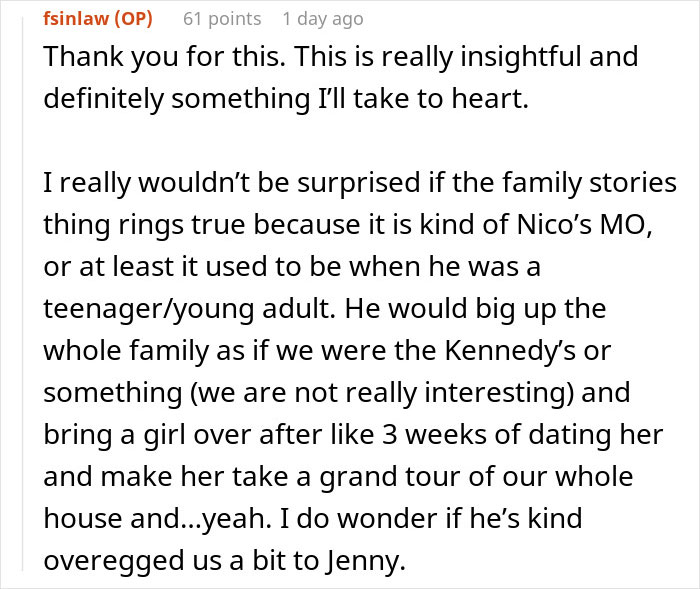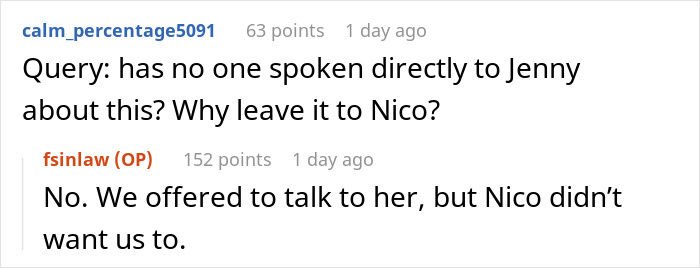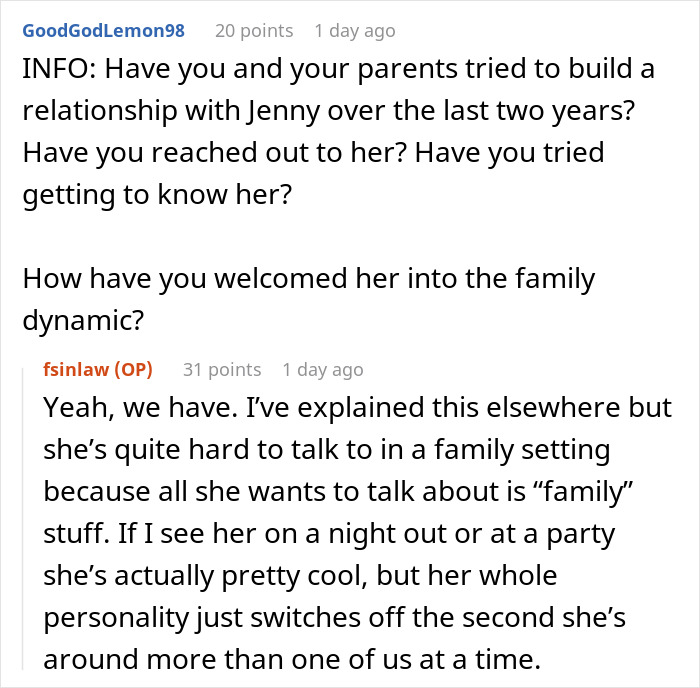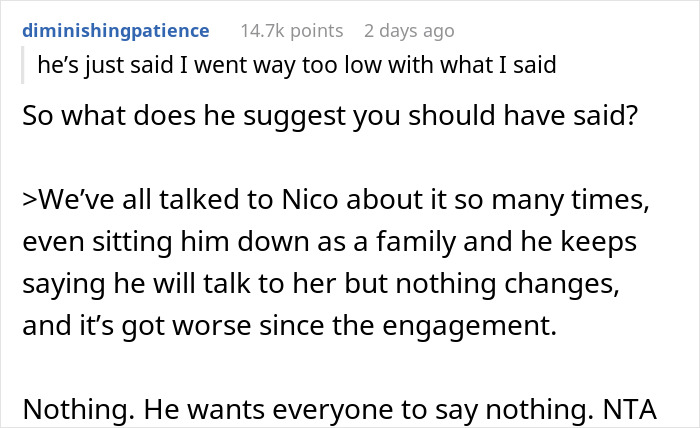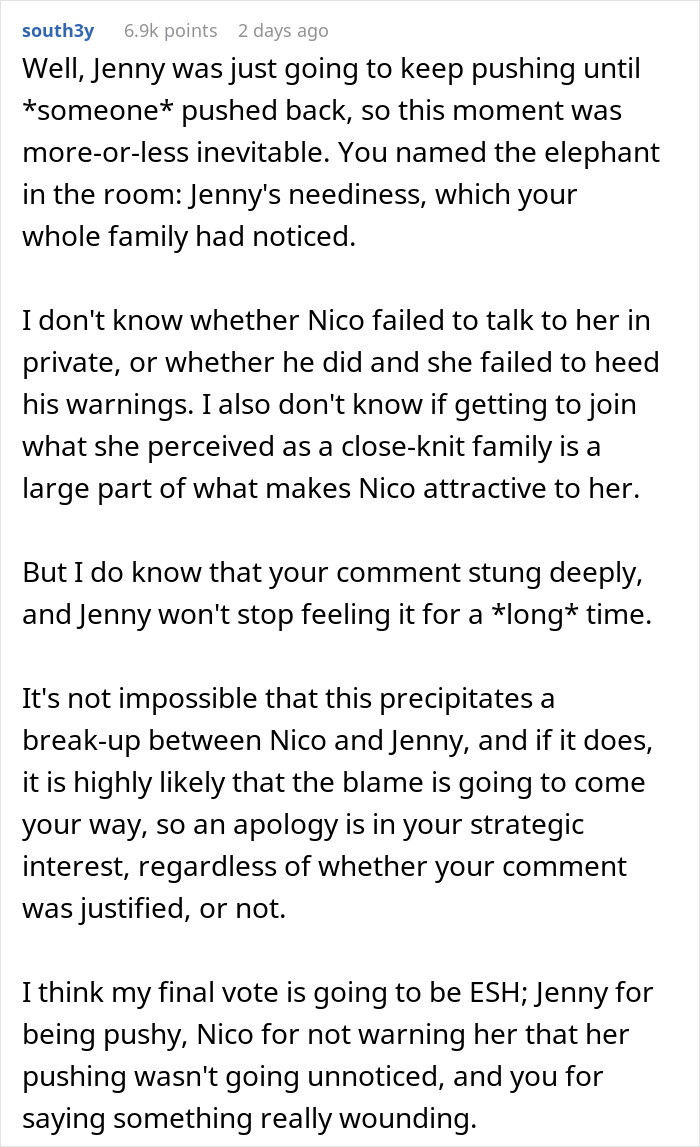“We Don’t Owe Her A Family”: Woman Is Rejected After Inviting Herself To Fiancé’s Family Trip
Adjusting to the family dynamics of your partner is a challenge for many. Some families are boisterous and fun, while others are more subdued and respectful. Some will welcome you with their arms wide open, showing seemingly infinite enthusiasm for you being there. Others prefer to take it a little slower, trying to get to know you better so you know their love and respect is merited. And, as long as they are not mean-spirited, all of the approaches are valid. However, that doesn’t make it easier to navigate them.
The woman in the following story seems to have misread the family of her fiancé. The user @fsinlaw turned to the r/AITA community complaining about the boundaries she’s been crossing and how difficult it’s been for the family to deal with it. But have they been open and accepting enough of her situation? Scroll down to read the full story and what therapist Joshua Terhune had to say about it.
Everyone knows—dealing with in-laws can be tricky. The balance one has to strike between closeness and respect is challenging at best
Image credits: Askar Abayev (not the actual photo)
The woman from this story seems to have been too eager to become a part of her fiancé’s family. Or was the family too dismissive of her needs? You can be the judge
Image credits: Liza Summer (not the actual photo)
Image credits: drazenphoto (not the actual photo)
Image source: fsinlaw
Bored Panda talked to licensed therapist Joshua Terhune, who specializes in trauma, parenting, and ADHD, to get his perspective on the situation. He noted that he sees everyone’s point of view. According to him, it’s important to interpret everyone’s behavior with grace. “The stepsister is open to having a close relationship with Jenny, but that trust needs to be built over an extended period of time. Jenny has never had a family who genuinely loved her and cared about her. Now that she’s close to having one, she wants to rush the process and make up for lost time. And Nico doesn’t want to hurt his fiancée’s feelings and wants everyone to get along during this emotional time.”
That’s why it’s not really a surprise that the commentator’s opinions were mostly split about this story. Some thought that the boundaries that the family has are not unreasonable. They simply take it slow when it comes to communicating with new people. Others defended the fiancée, who obviously has been through a lot. Maybe, as someone who’s not had a close family before, she assumed the bond will be instant and natural. Maybe, the fact that the family was not instantly gushing about her presence made her feel unwanted and even rejected.
Redditors also pointed out that the brother of the OP could have done a better job talking to his fiancée. “Nico said he would handle it and it seems like he hasn’t,” Terhune agreed. “Since he has a much closer relationship with Jenny, it’s his responsibility to provide appropriate expectations and boundaries for interacting with his family.”
“It sounds like this situation was ultimately inevitable because Jenny needed to know with 1000% certainty how her family truly felt about her,” says Terhune. He explains that people that grow up in foster care believe that words don’t matter because people always break their promises. That is why Jenny kept seeking verifiable proof that this is it, this is her family and they won’t let her down. “She desperately needed their words and actions to line up with one another and communicated this in the best way she knew how.”
It’s important to approach this situation with kindness and give Jenny lots of grace
Image credits: RDNE Stock project (not the actual photo)
So, how should the family manage it? According to Terhune, “By setting limits and tolerating emotional intensity.” He says that one can be firm and kind at the same time. Once you understand that Jenny’s responses are related to her trauma, it should be easier not to take it personally.
According to the therapist, what OP said to the fiancée was, indeed, unnecessarily hurtful. “It’s important for the stepsister take responsibility for HER behaviors. She could’ve chosen many different ways to handle this before hurting Jenny’s feelings.” He also urges the family to be gentle but firm with their boundaries.
Terhune also points out that Jenny has quite a bit of work to do to get through this trauma. “First and foremost, she needs to develop the awareness of the impact she’s having on others.” Then, she’ll have to start working on finding her inner peace. Terhune lists learning about her triggers, learning how to shrink the critical voice in her head that convinces her that she is damaged and unlovable, and grieving for her inner child. She’ll also have to start managing abandonment despair and dissociation and forgiving herself for all the ways she has hurt others in her quest to get her emotional needs met. “And finally, developing a way to identify emotionally mature people in her life in order to develop healthy relationships with them.”
When it comes down to it, it’s all about managing boundaries and attachment styles
Image credits: Charlein Gracia (not the actual photo)
Boundaries is something we learn as we’re growing up. We use the examples we see around us as a base for what healthy boundaries look like. That is why people who had dysfunctional relationships as children often struggle to set and adhere to them. The same could apply to people like the OP’s brother’s fiancée, who grew up in foster care. She might have not had a good model for boundaries as a kid so she struggles with them as an adult.
Terhune also points out that growing up in foster care can really impact the ability to develop secure attachments. We learn them from our caregivers and they are the blueprints for all our future relationships. “If your parents were able to provide the love, support, and skills when you were little, you will begin to internalize those skills as you get older. However, if they were inconsistent, Jenny may not have developed the necessary trust that others will be able to help her when she needs it. So, she often relies on being clingy or controlling and may feel over-responsible for the well-being of others.”
All in all, the fact that the OP posted the story on Reddit seems like she is taking her time to reflect on the situation. Hopefully, she and her family as well as her brother and his fiancée navigate this with kindness and grace. This comes off as a misunderstanding they can work through and continue living as a happy family.
A lot of redditors had many questions for the OP. She clarified the situation further in the comments
